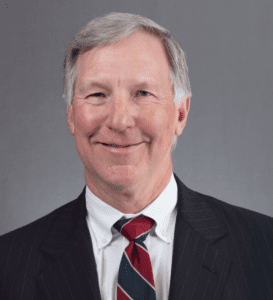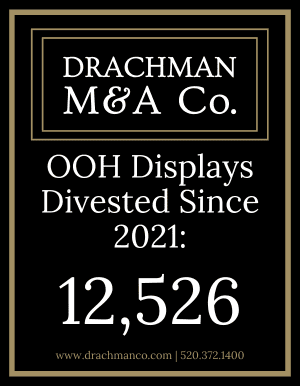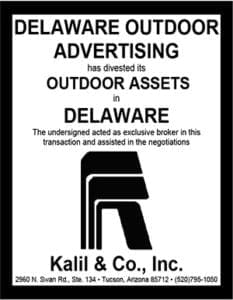
By Richard Rothfelder, Rothfelder & Falick
As I write this article on Inauguration Day, it strikes me how silent the outgoing President has been in recent days. Of course, the reason we haven’t heard from him is that Twitter has cancelled his favorite form of mass communication after the insurgency at the Capital Building. And, especially in these turbulent times, the actions of Twitter and other private social media outlets have prompted debate about purported censorship and First Amendment violations. This concern, in turn, ties in directly to the right of a private billboard operator to convey messages on his signs, or to decline to do so.
Of course, former President Trump is not the first to be shunned by social media. In August 2018, Alex Jones and his show Info Wars were removed from Facebook, Apple, YouTube, and Spotify, which explained that Jones violated their policies by “inciting hatred or violence” and “glorifying violence… and using dehumanizing language to describe people…” As with Trump, the response to this action by these private companies was predictable, as “Big Tech” was accused of colluding and illegally censoring Jones’ free speech.

As private companies, however, Twitter and these other social media providers have the right to ban individuals and moderate content based on rules established in their user policy agreements. Ironically, a recent federal case involving Trump and Twitter established this legal principal, but it did so in reverse. Specifically, in 2017 a group of Twitter users sued Trump after he blocked their accounts from viewing or responding to his tweets, because of their tweets critical of the former President and his policies. The plaintiffs argued that Trump’s Twitter account was an official government account and blocking users was a violation of their First Amendment rights. In 2018, a New York federal judge ruled that due to the former President’s messaging, Twitter became a Public Forum protected by the First Amendment. The Judge explained that “blocking of the individual plaintiffs as a result of political views they have expressed is impermissible under the First Amendment.”
This Public Forum Doctrine is an exception to the general rule announced by the Supreme Court in its 1974 decision in Lehman vs City of Shaker Heights that private companies can refuse to advertise in their newspapers, periodicals, radio, television, and other media outlets. It follows, therefore, that advertisers, including billboard operators, cannot decline content intended for display on public property. For example, an advertisement on public transit displays, such as buses, shelters, benches, street furniture, and trains, is likely subject to the First Amendment, even if managed by a private company. As the Court explained in Christ’s Bride Ministries vs. Southeast Pennsylvania Transit Authority in 1998, when a city’s transit system uses its advertising space “to promote awareness of social issues” a Public Forum has been established, thereby triggering First Amendment restrictions reasonable as to time, place, and manner.
The lesson from Trump and Twitter to standard billboard advertising, therefore, is straight forward. First, an operator of a privately owned billboard leased or otherwise situated on privately owned land may convey messages on his signs, or decline to do so in his discretion, without implication of the First Amendment. On the other hand, an operator of a billboard owned by a government entity, or located on government owned personal or real property, may be subject to the Public Forum Doctrine. Under such circumstances, the First Amendment may apply, thereby requiring the billboard operator to comply with the First Amendment and its restrictions on reasonable time, place, and manner on the display of messages. Or, to the refusal to display such messages on the billboards.
[wpforms id=”9787″]
Paid Advertisement

















